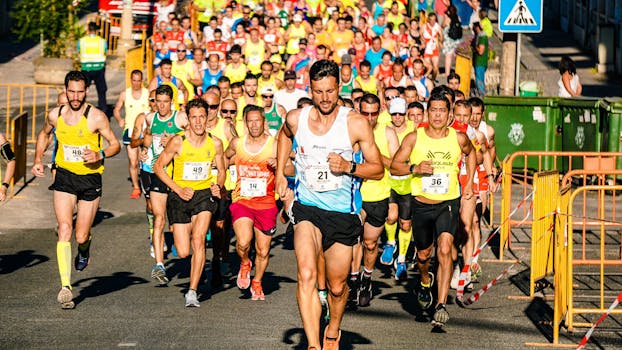
Introduction
Running your first 10K is an exciting milestone for any runner! Whether you're new to the sport or looking to challenge yourself, proper preparation is key to having a successful and enjoyable race day.
1. Create a Training Plan
- Start Gradually: Build your endurance by increasing your distance slowly each week.
- Include Rest Days: Give your muscles time to recover and avoid injury.
- Mix it Up: Incorporate running, cross-training, and strength workouts.
2. Fuel Your Body
- Hydrate Regularly: Drink water before, during, and after your runs.
- Eat Balanced Meals: Focus on carbohydrates, lean protein, and healthy fats.
- Don’t Try Anything New: Stick with familiar foods, especially on race day.
3. Get the Right Gear
- Invest in Good Shoes: Make sure your running shoes are comfortable and fit well.
- Wear the Right Clothes: Choose moisture-wicking fabrics to stay dry and comfortable.
- Protect Yourself: Use sunscreen and a hat if you’re running in the sun.
4. Listen to Your Body
- Pay Attention to Pain: Rest and seek advice if you feel discomfort or pain.
- Focus on Recovery: Stretch, foam roll, and get enough sleep.
5. Prepare for Race Day
- Plan Ahead: Lay out your outfit and gear the night before.
- Arrive Early: Give yourself plenty of time to warm up.
- Start Slow: Pace yourself and save energy for the second half of the race.
Conclusion
Completing your first 10K is a rewarding achievement. With the right preparation and mindset, you’ll not only finish the race but also enjoy the experience. Good luck and happy running!
Comments
Post a Comment